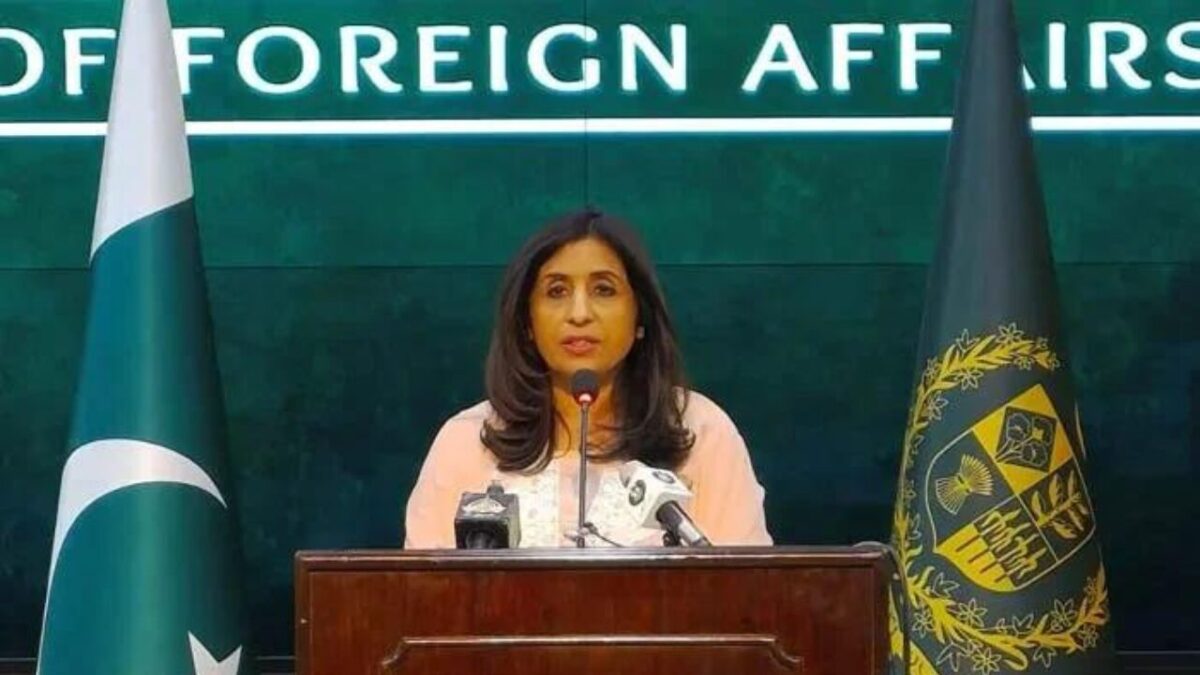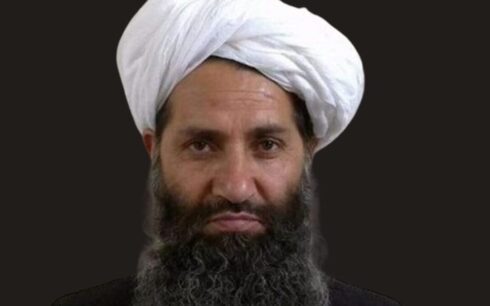ISLAMABAD—Pakistan’s Ministry of Foreign Affairs on Friday renewed its call for the Taliban to take decisive action against Tehrik-e-Taliban Pakistan (TTP) members, whom Islamabad accuses of orchestrating deadly attacks on Pakistani forces.
At a press conference, Foreign Ministry spokesperson Mumtaz Zahra Baloch referenced a recent attack in Bannu, Pakistan, that killed at least eight Pakistani soldiers. Pakistan had also summoned the Taliban envoy in Islamabad to express its concerns.
“Pakistan has conveyed to the Afghan authorities its serious concern about the terrorist attack at Bannu Cantonment on July 15, and the continued use of Afghan territory by the Hafez Gul Bahadur group and Tehrik-e-Taliban Pakistan to carry out deadly attacks in Pakistan with impunity,” Baloch said.
“We strongly urge the interim Afghan government to take immediate, robust, and effective action against the perpetrators of the July 15 attack and to prevent such incidents in the future,” she added, referring to the Taliban administration in Kabul.
Baloch emphasized that such attacks undermine bilateral relations and regional stability.
“The Bannu Cantonment attack underscores the urgent need for Afghanistan to take concrete and effective action against terrorist sanctuaries within its borders,” she said.
The Taliban has denied the presence of TTP fighters in Afghanistan. Earlier this week, Taliban deputy chief minister Abdul Kabir stated that “no group” is stationed in Afghanistan, asserting that their control extends to every corner of the country.
Despite these claims, Baloch said that the continued presence of TTP and other terrorist groups in Afghanistan poses a serious threat to regional peace and security.
“We urge Afghanistan to take effective action against these groups and to ensure that Afghan territory is not used for terrorism against Pakistan,” she reiterated.
This call for action comes as the United Nations monitoring group reported last week that TTP remains the largest militant group in Afghanistan, with about 6,500 fighters.





